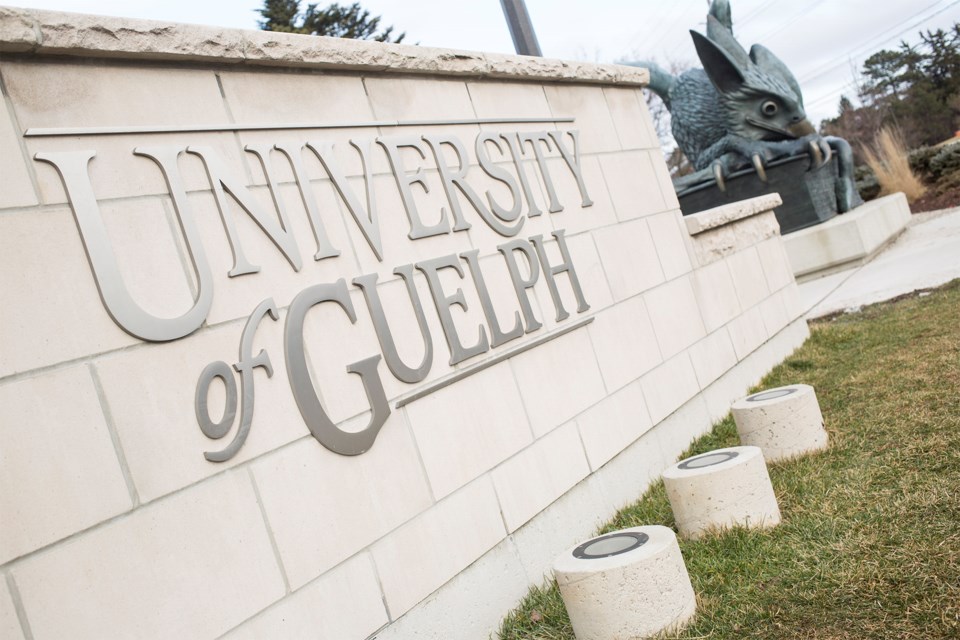Following a shipment delay, the University of Guelph has now received 1,400 COVID-19 test kits with each kit holding 25 tests.
“Based on the data collected through our vaccine proof and exemption system, 1,400 test kits will ensure we can provide tests for those partially vaccinated until they are fully vaccinated and for those with approved exemptions,” said Deirdre Healey, communications coordinator at the University of Guelph.
Healey confirmed prior to the arrival of the test kits that the university did have an order for rapid test kits saying “rapid test kits are arriving today and will be available shortly. There is not a shortage. There was a shipment delay.”
“We communicated to those who had approved exemptions and those who are partially vaccinated that they must do the university’s daily COVID-19 screening form before coming to campus and follow all University COVID-19 safety protocols,” said Healey.
On Wednesday the university reported its third new COVID-19 case found on the campus since the start of the fall semester.
An additional three cases were found on Thursday, and six more cases were found Friday.
In total, 13 COVID-19 cases have been reported at the university since the start of the semester on Sept. 8, with all cases found in the last week.
Currently, of the nearly 20,000 students who have provided information, 94 per cent are fully vaccinated and five per cent are partially vaccinated.
As well, 97 per cent of the faculty and staff who provided information are fully vaccinated and two per cent are partially vaccinated.
Despite the high vaccination rate, the university has implemented quarantine procedures for students, and depending on the situation, students may be able to isolate themselves in their own rooms or in a series of townhouses set aside for students who require relocation.
“If a student living in residence receives a positive COVID-19 test result, they would be notified by public health and the University would work closely with public health in conducting contact tracing and managing the situation,” said Healey. “The student is immediately required to isolate.”
If a student needs to isolate, residence staff will work with them to determine their meal needs.
“The student can opt into receiving meals while in isolation. Meals are charged to the student’s meal plan. The meals are then dropped off at the student’s door at the scheduled time,” said Healey.
Students living in areas without access to kitchens can opt to have fully cooked meals delivered to them, while students isolating in a space with a kitchen will receive meals for the full day that are fully cooked but can be reheated.
When in isolation, the university will provide support to students with regular check-ins and guidance including advising students to let their professors know that they are in isolation and will need accommodations made during that time.
“Professors are in a good position to adjust to a student who is needing to isolate,” said Healey. “The University as a whole strives to support the student in any way that we can.”
